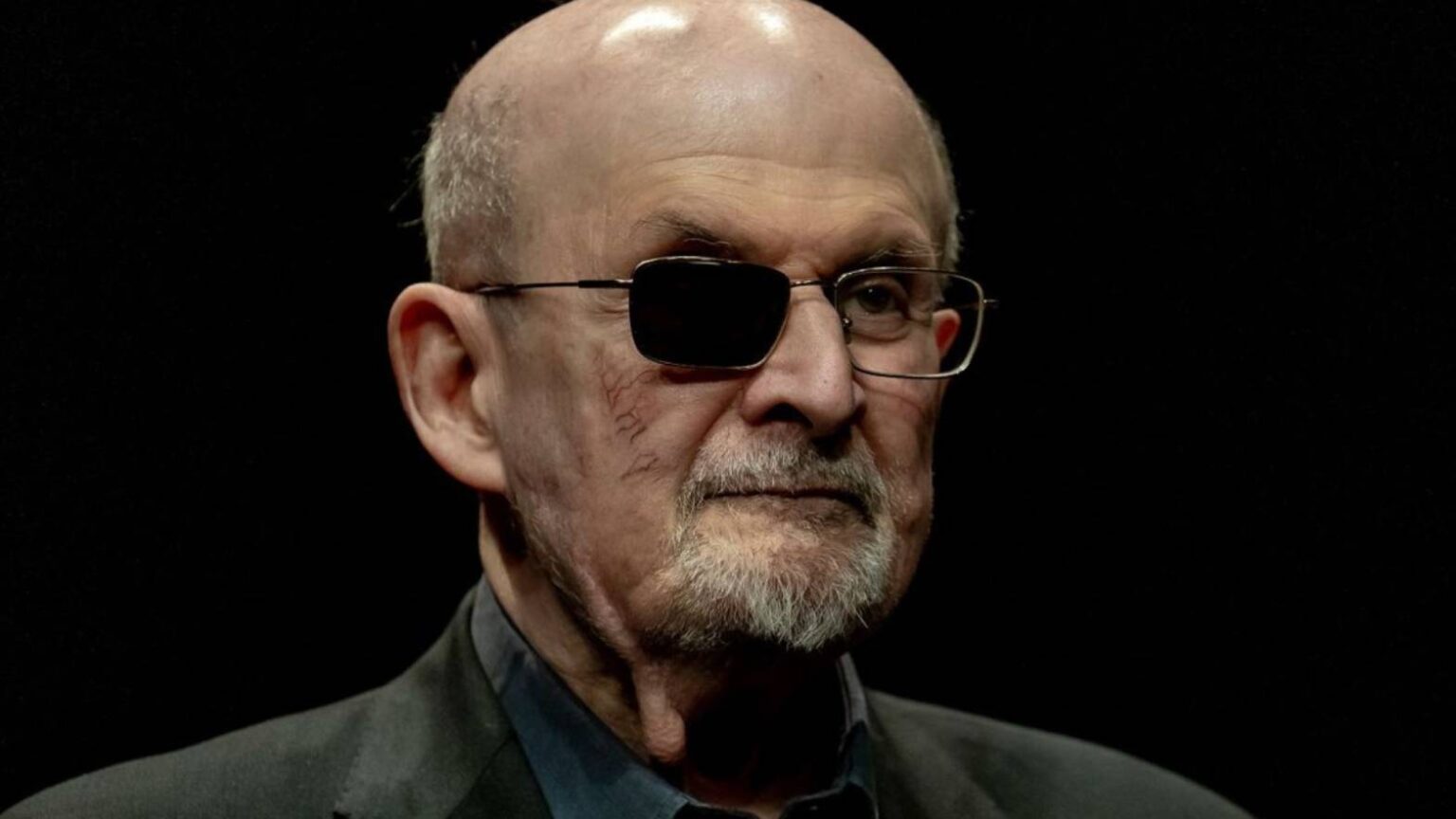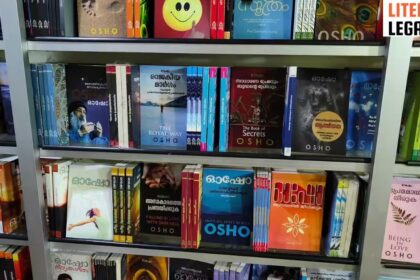July 26, 2024: The legal landscape surrounding the attack on author Salman Rushdie has shifted dramatically with recent developments.
Attack Background and New Charges
In August 2022, Salman Rushdie, author of the controversial novel “The Satanic Verses,” was brutally attacked during a lecture in New York. The assailant, Hadi Maat, initially faced attempted murder charges.
Now, in a significant turn of events, Maat has been indicted on terrorism charges, with prosecutors alleging links to Hezbollah, the Lebanese militant group.
Key points:
- Maat faces up to 25 years in prison if convicted
- Charges suggest connections to international terrorism
- Attack stems from long-standing controversy over Rushdie’s work
Implications for Free Speech
This case reignites debates about the boundaries of free expression. Rushdie’s experience underscores the real dangers faced by those who challenge societal norms or religious beliefs through their work.
The global literary community continues to rally around the principles of free speech in the face of violent opposition.
International Security Concerns
The alleged Hezbollah connection raises alarm about the reach of extremist groups. It highlights the ongoing challenge of combating international terrorism and the potential for individuals to be influenced by radical ideologies across borders.
Legal and Political Response
U.S. authorities, including the Attorney General and FBI Director, have emphasized the seriousness of these charges. This case represents a clear stance against terrorism and a commitment to protecting intellectual and cultural figures.
Rushdie’s Resilience
Despite the attack’s severe physical and psychological toll, Rushdie continues to live and work openly in New York. His recently published memoir offers insights into his experiences and serves as a powerful testament to the enduring spirit of free expression.
Conclusion
The Rushdie case serves as a stark reminder of the ongoing threats to free speech and the complex challenges of combating extremism.
As legal proceedings unfold, they will likely have far-reaching implications for international security, freedom of expression, and the global fight against terrorism.



